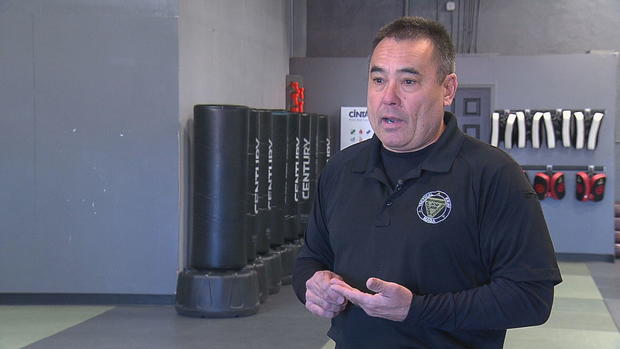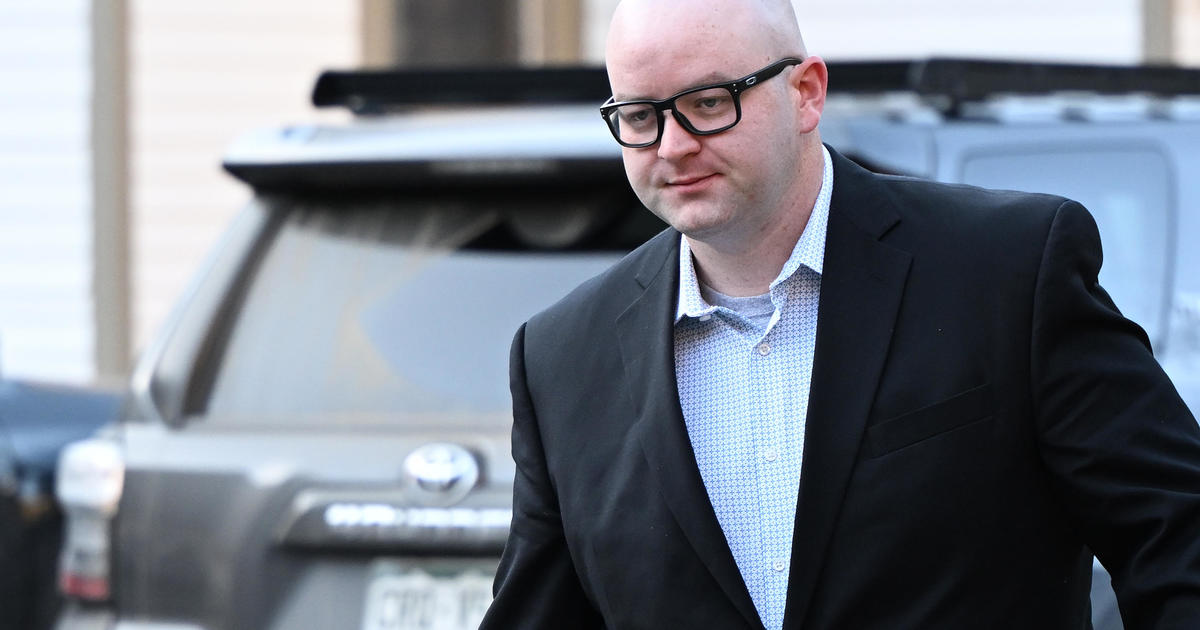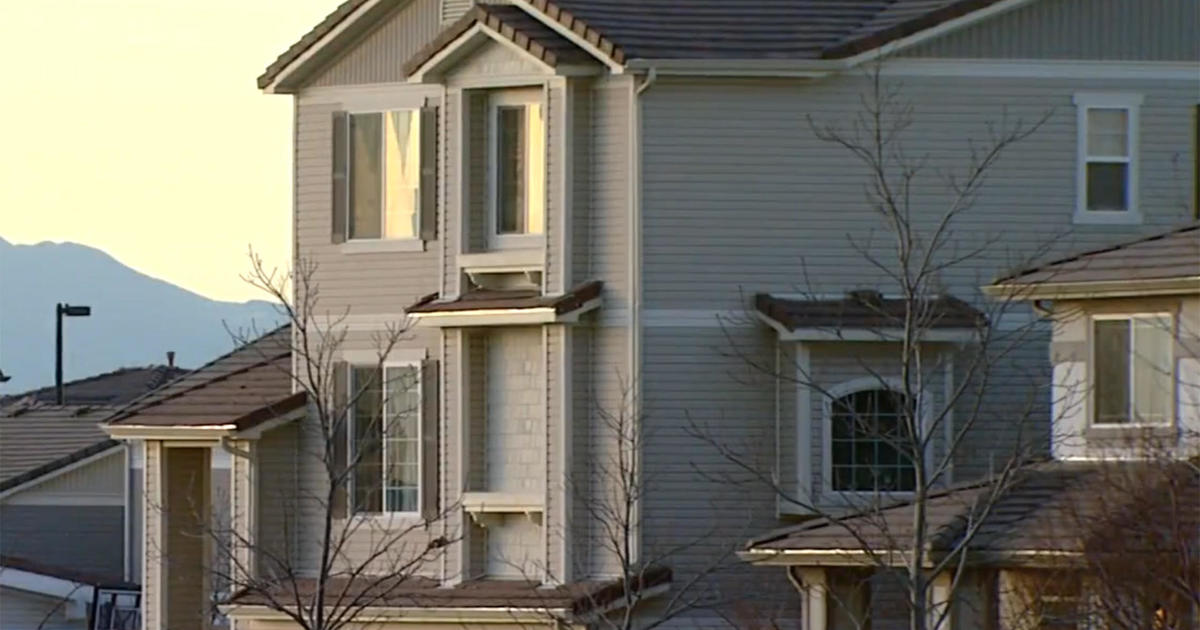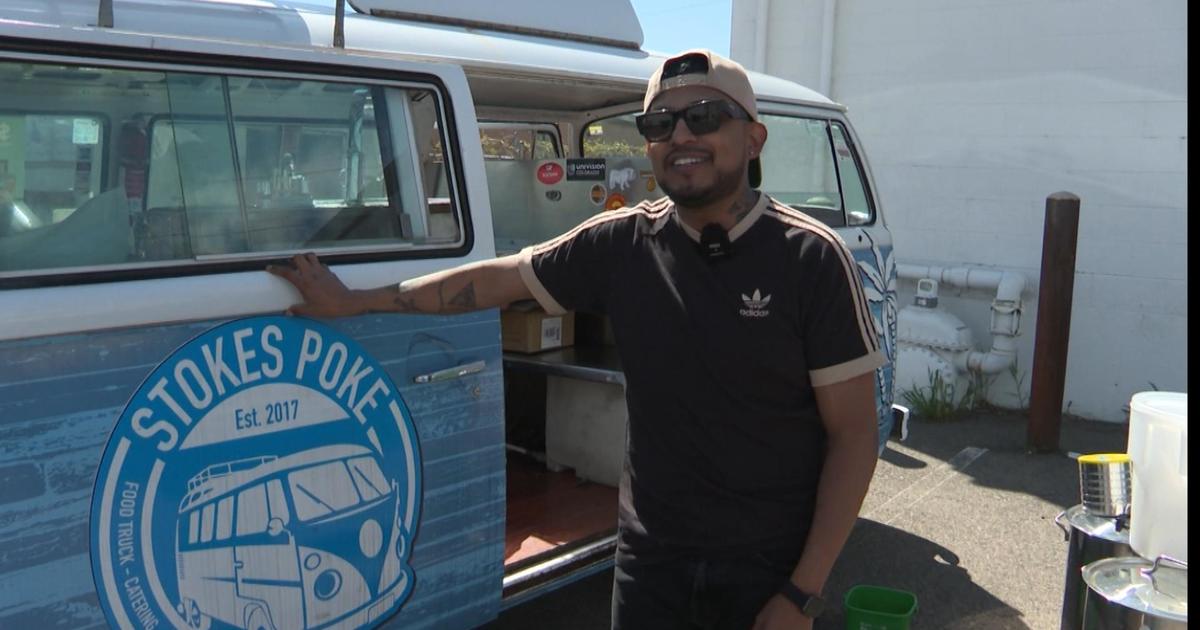Colorado law enforcement agencies warn against bill that would outlaw prone restraint
James Hiromasa has trained law enforcement officers in Colorado for 25 years, and he says maybe no tactic is more valuable for de-escalating a police altercation than prone restraint.
The technique involves placing a suspect face down to place them in handcuffs. But after national cases such as George Floyd and Colorado cases such as Demetrius Shankling, prone restraint has come under scrutiny.
Shankling died in 2018 after Boulder County Sheriff's deputies placed him in a van -- faced down and handcuffed -- for 16 minutes as they drove him to detox.
Some state lawmakers say it's time to do away with prone restraint in Colorado. They've introduced a bill that would bar law enforcement from using the procedure except in cases where deadly force is justified. Officers who put someone in a prone position could be personally sued.
The bill is intended to increase safety, but Hiromasa says it will have the opposite effect.
"To throw that tool out, it's like outlawing lettuce because there was a listeria outbreak in one city with three people sick," Hiromasa said.
He says officers are trained not to leave a suspect in a prone position but rather sit them up immediately after putting them in handcuffs. While he would support additional training of law enforcement, he says the bill will put everyone at greater risk.
"If you take away a tool to keep people from fighting the police, more fights will happen," Hiromasa said.
Hiromasa demonstrated how suspects who are standing, or on their knees, or their backs are far more dangerous because they can more easily fight back, access weapons, or run.
"It's all about having two or three steps advantage over the person you're trying to arrest," Hiromasa said.
Hiromasa says studies show, when used correctly, prone restraint is not inherently dangerous, and most of those who've died, he says, have died from medical issues associated with the violent struggle, not suffocation.
The bill will get its first hearing next week. The bill sponsors say it will likely undergo amendments. The Fraternal Order of Police, The Colorado Association of Chiefs of Police and County Sheriffs of Colorado all oppose it.
The legislation, Hiromasa says, will lead to more lawsuits and fewer officers.
"There will be more injuries to suspects, to officers, and to more bystanders around," Hiromasa said. "It's just going to happen because your number one de-escalation tool has been stripped away from them."





